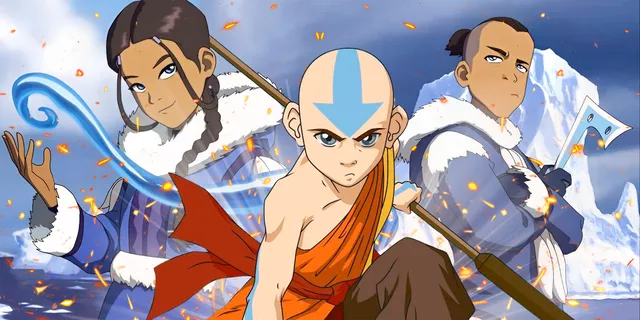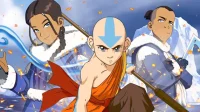The announcement regarding the casting of The Legend of Aang: The Last Airbender has left many dedicated fans surprised, especially since the original 2005 animated series is deeply cherished for its intricate world-building and emotional narratives. The decision to replace the original voice talents, who were beloved for their iconic portrayals of characters like Aang, Zuko, Katara, and Toph, has raised eyebrows. Many fans are openly expressing concerns online, leading to a palpable mix of anticipation and skepticism surrounding this significant shift.
However, emerging details about the forthcoming trilogy suggest that this recasting may not be a betrayal of the beloved series. Instead, it reflects a thoughtful shift towards cultural authenticity and a desire to honor the established world of Avatar while allowing it to progress. Rather than undermine the legacy of its predecessors, this fresh direction has the potential to enhance and expand it in ways that fans may not have previously envisioned.
A New Era for Cultural Authenticity in Avatar
The Importance of Authentic Representation in the Avatar Universe
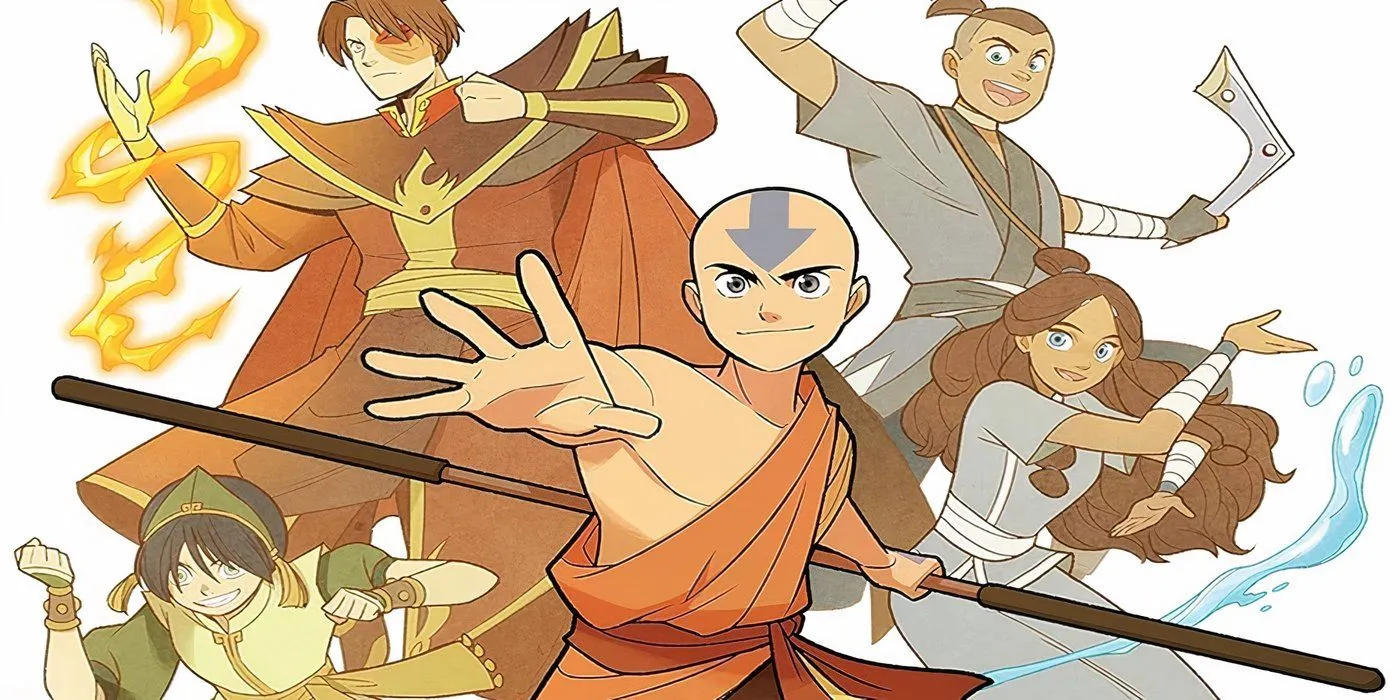
A significant factor driving this recasting effort is the commitment to align the voice actors with the cultural roots of their respective characters. Despite the acclaim for its incorporation of diverse elements from East Asian, South Asian, and Indigenous cultures, the original series featured a predominantly white cast. At the time of its release, this was more common in Western animation. However, current expectations around representation and inclusivity have evolved greatly.
The new Legend of Aang trilogy plans to amend this disparity. By engaging actors whose cultural backgrounds reflect those of their characters, the creators are emphasizing the importance of representation not only on screen but also behind the voices. For instance, the Fire Nation’s influences derive from Japanese imperial history, and the Air Nomads draw inspiration from Tibetan monks. By allowing talent from these cultural backgrounds to portray these roles, the series opens avenues for a more authentic and nuanced depiction of the worlds within the story.
Enriching Avatar’s Emotional Depth
The Potential Emotional Benefits of Authentic Casting
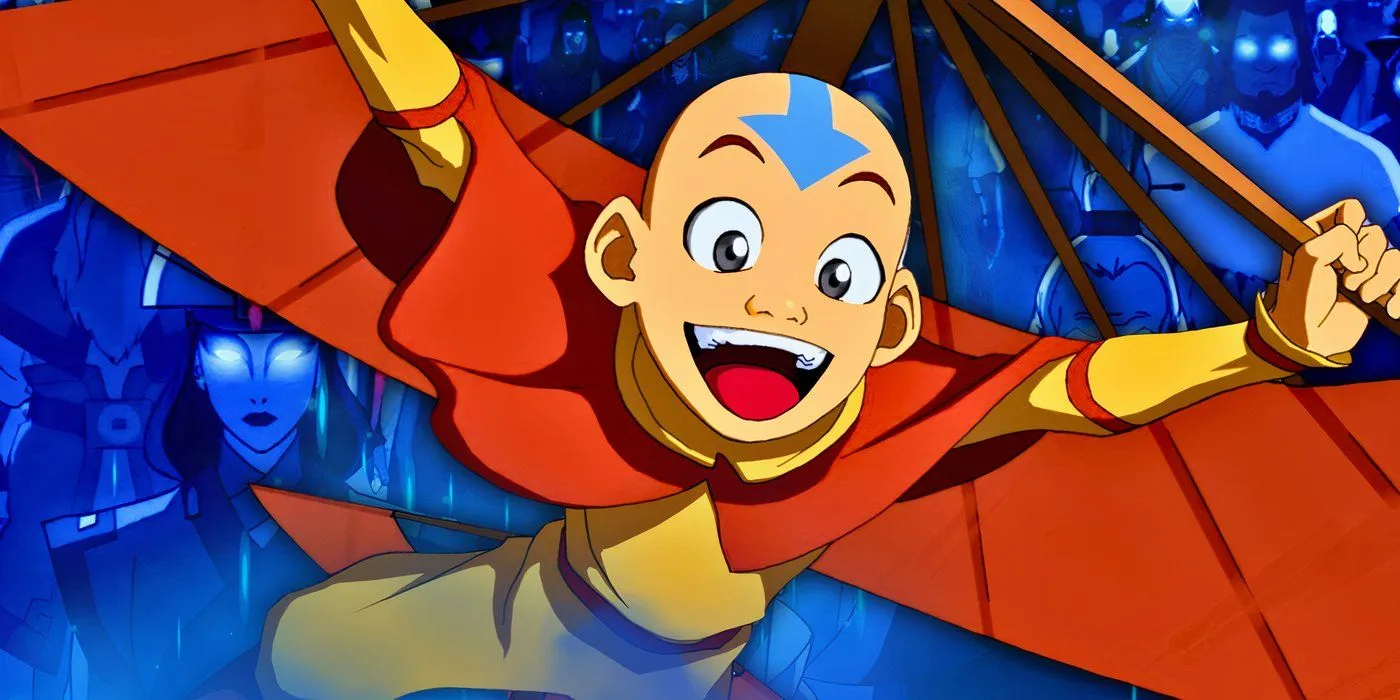
The act of recasting also potentially paves the way for fresh emotional interpretations of the story. While the original performers infused their characters with passion and vibrancy, they sometimes could not capture the intricate cultural subtleties embedded in the narrative. A more diverse voice cast can bring personal experiences and insights that enrich the characters profoundly. This process is not merely about replacing actors; it is about building upon the foundation laid by the original cast.
For example, a voice actor with connections to Indigenous or Arctic cultures can add new layers of emotional resonance to Katara’s Water Tribe roots. Similarly, Zuko’s internal struggles might find new expression through an actor acquainted with themes prevalent in diaspora and honor-based societies. Such cultural coherence could elevate Avatar’s storytelling to new heights.
Honoring Avatar’s Legacy While Evolving the Narrative
Embracing Change: A Necessary Risk for Avatar’s Growth
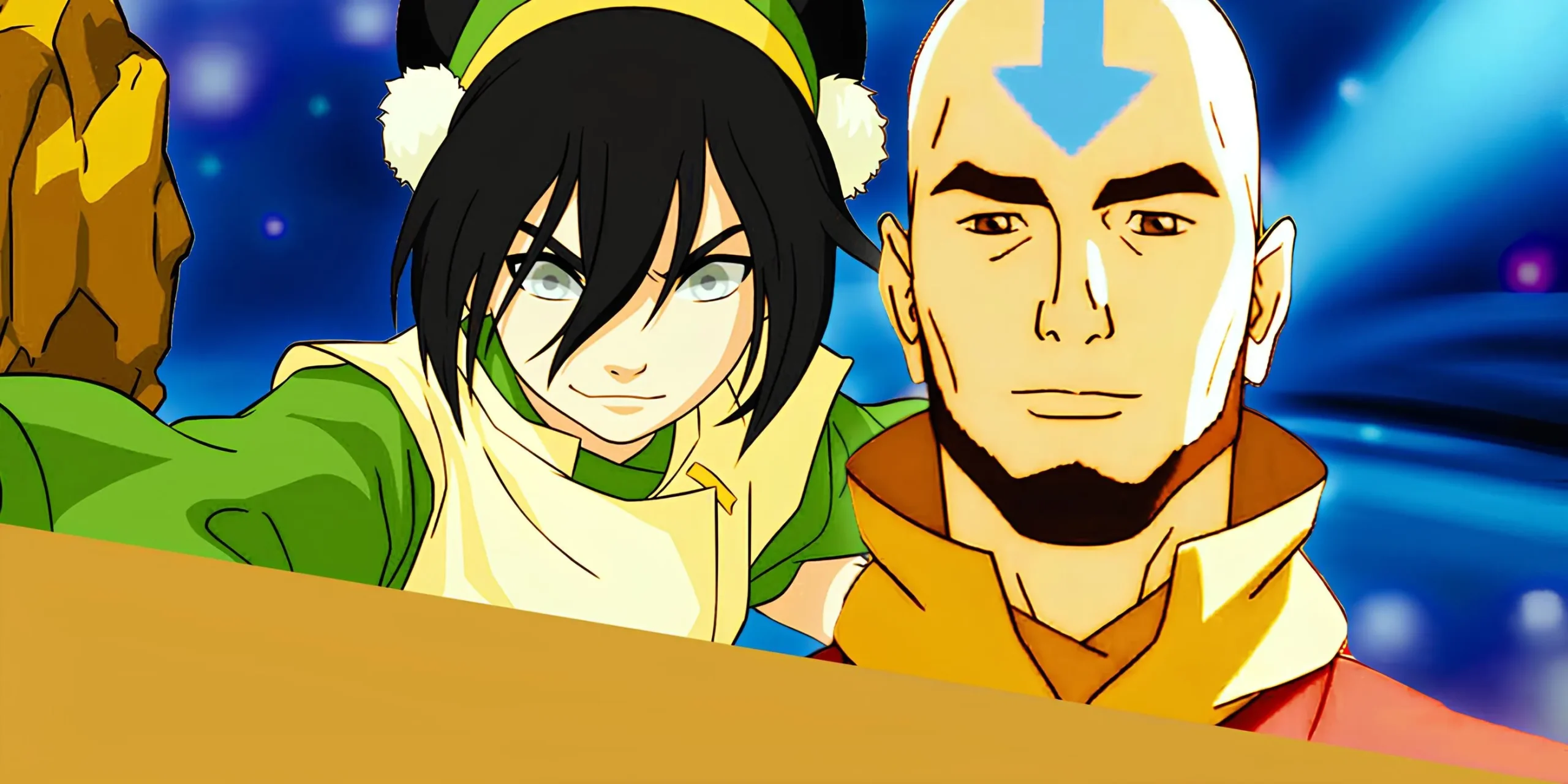
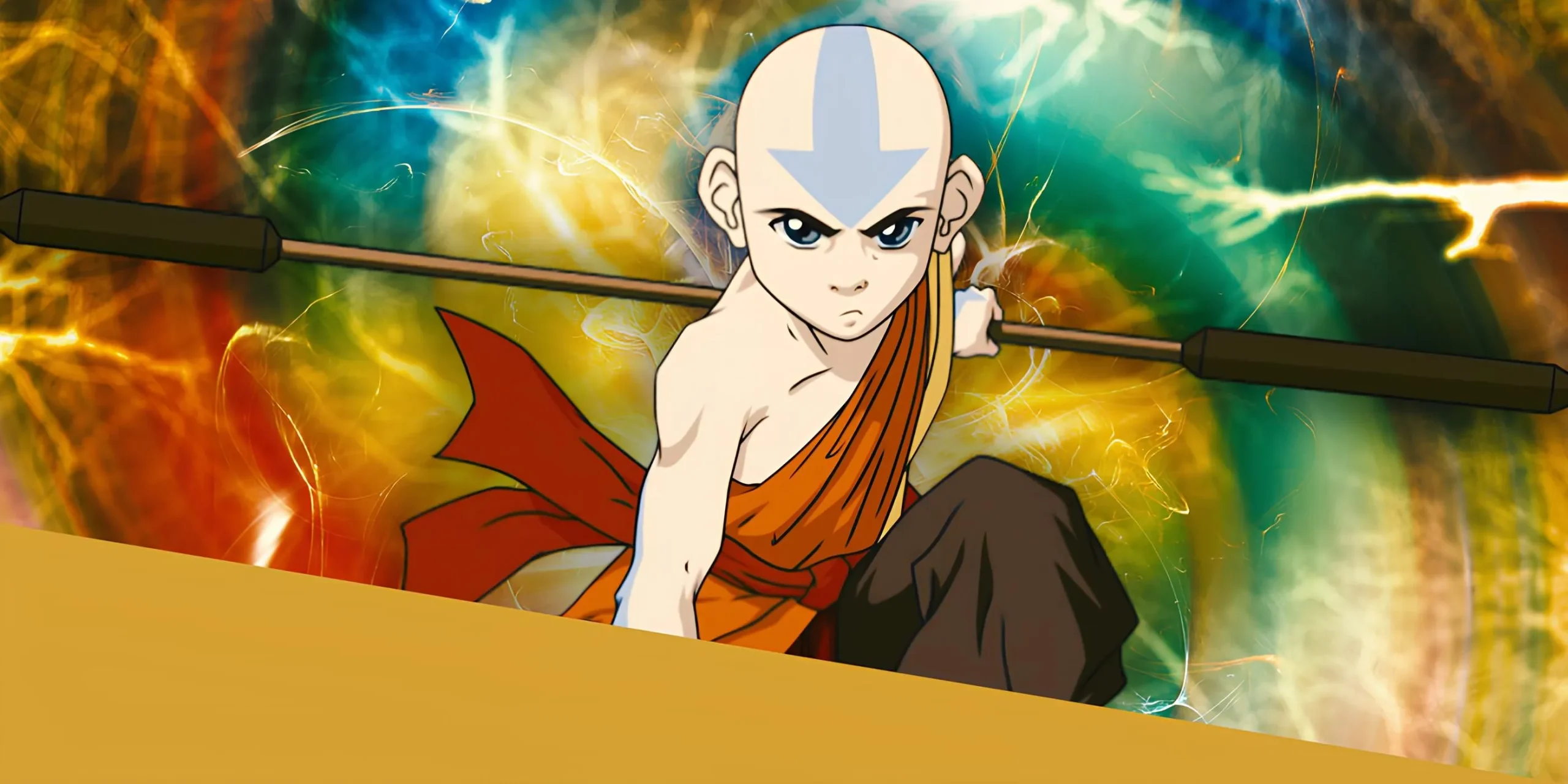
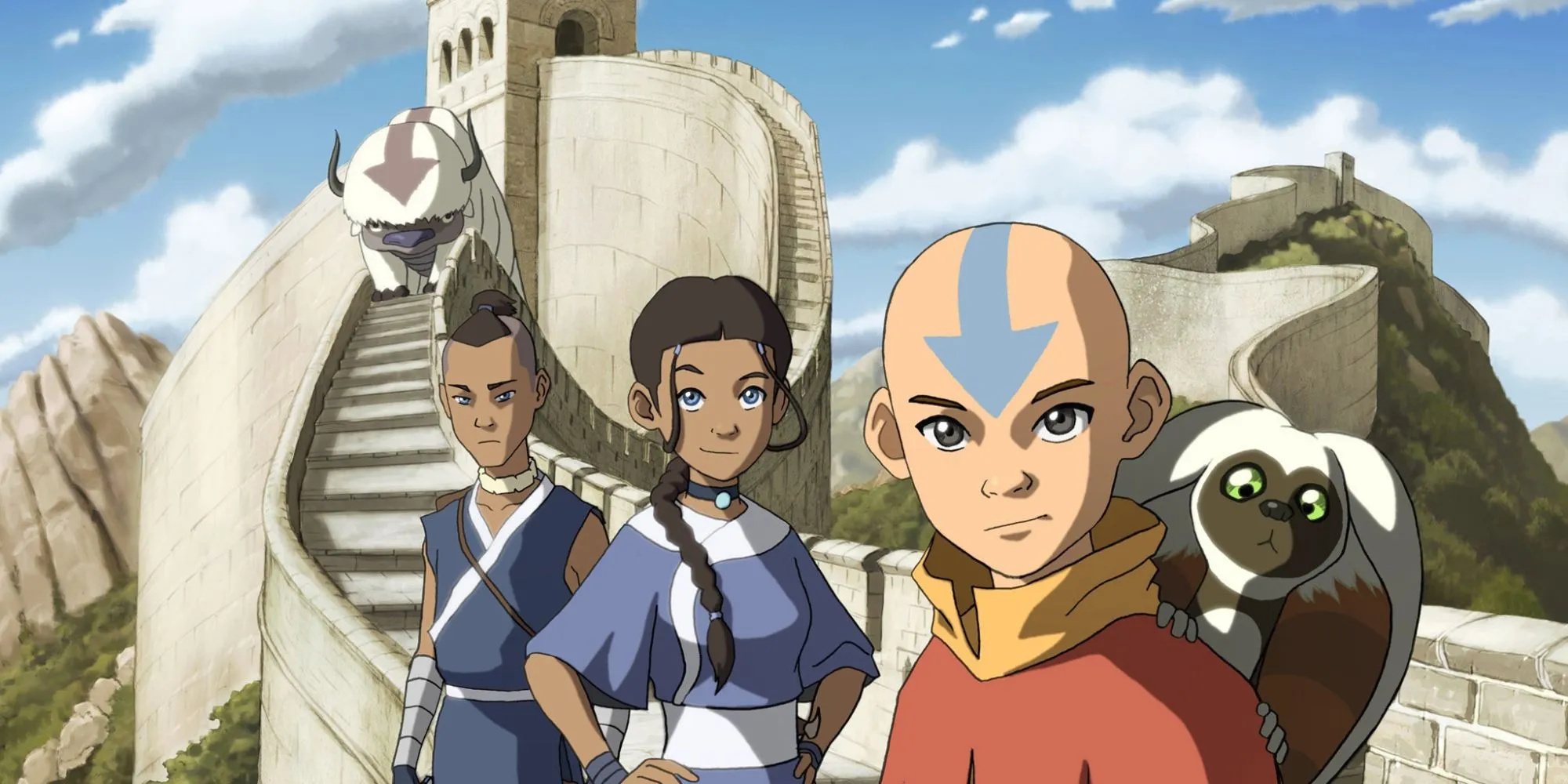
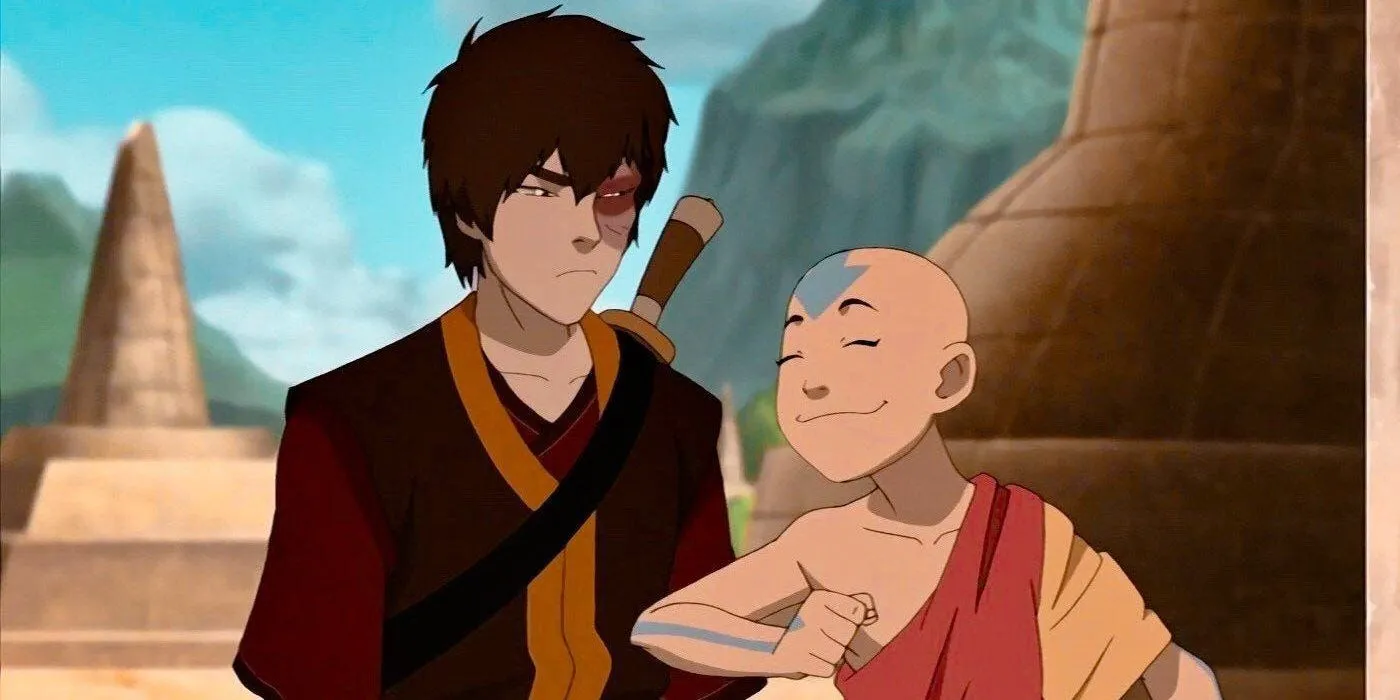
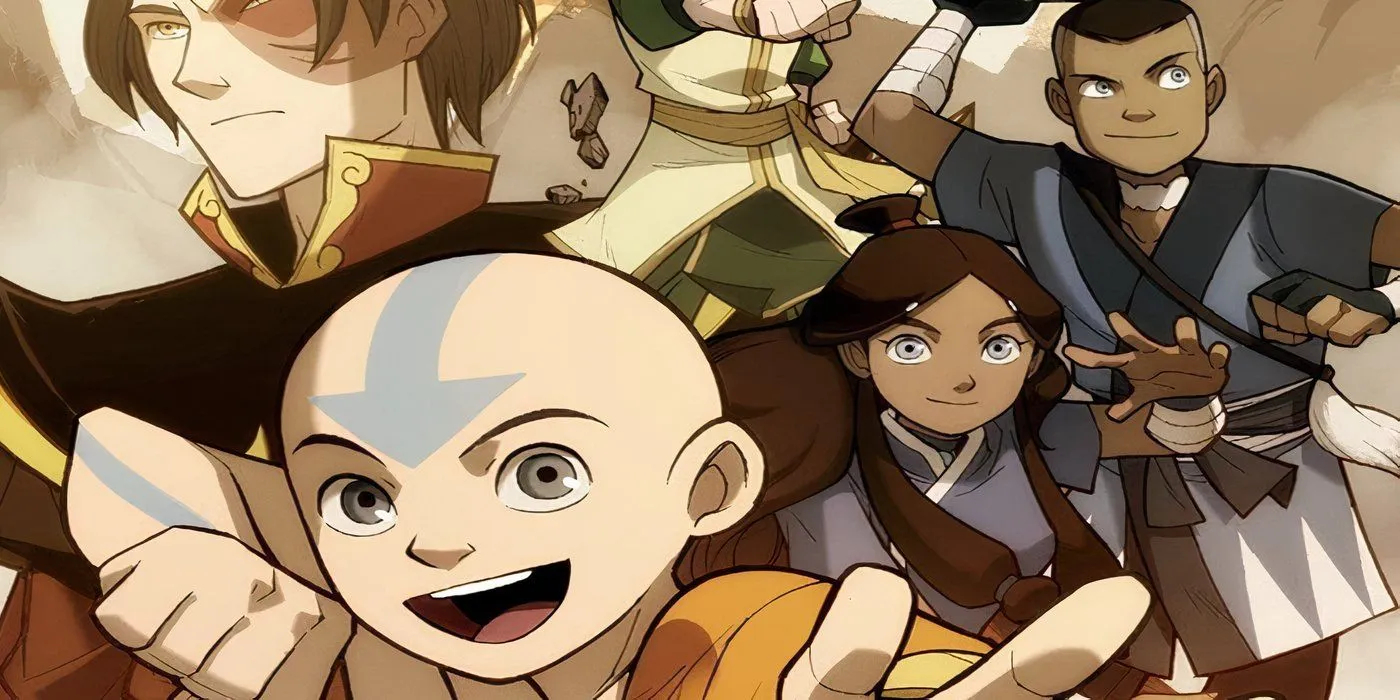
This forward-thinking transformation does not erase the valuable contributions of the original voice cast. In fact, the creators of the new series have recognized and honored the performances that were instrumental in shaping the franchise’s impact. Without the work of talented actors like Dante Basco and Mae Whitman, the original series would not have resonated so deeply with audiences. Their voices significantly influenced a generation, immersing viewers in an extraordinary fantasy landscape.
Recasting offers the creative team the flexibility to broaden the Avatar universe while preserving its essence. The Legend of Aang is not merely a reboot but a continuation of the story. With new adventures and diverse audiences waiting to engage, the franchise has opportune moments to grow. The decision to recast is a reflection of changing values within animation and among fans since the original series premiered in 2005. It’s not about discarding what came before; it’s about evolving with it.
The Potential Impact of This Change on the Avatar Franchise
How Avatar: The Last Airbender Could Gain from This Transformation
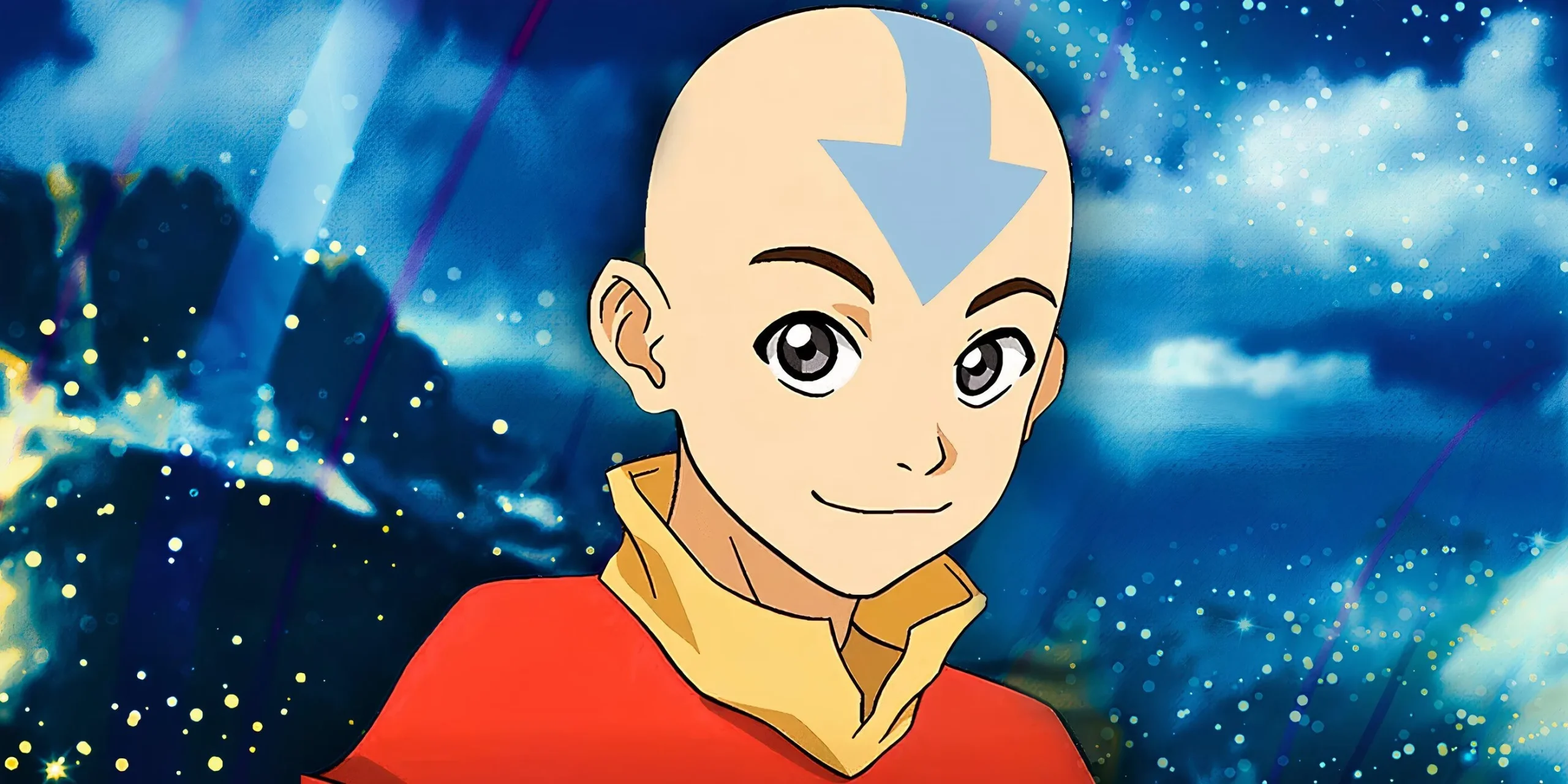
Perhaps the most compelling aspect of this recasting is not merely its symbolism but its potential. By welcoming new voices and viewpoints, the franchise demonstrates readiness to tap into the full scope of its universe. This could translate into more profound character development, richer narratives, and a more immersive cultural experience for its audience. The decision to recast serves as a reflection of whether Avatar can evolve while remaining true to its foundations.
If executed effectively, the answer could indeed be affirmatively positive. Authentic casting has the ability to transform The Legend of Aang from a nostalgic trip to a genuinely groundbreaking experience. It invites audiences to reimagine their cherished characters, seeing them as adaptable entities rather than fixed symbols. This aligns beautifully with the series’ core message: that change, while daunting, can be an empowering catalyst for good.
As fans gear up for the trilogy’s debut in 2026, maintaining an open mind can prove invaluable. While the decision to recast may spark debate, it simultaneously heralds a unique opportunity to respect Avatar’s legacy while advancing its journey. If the new voice actors can capture the charm and emotional depth that endeared the original series to so many, The Legend of Aang might very well herald the dawn of a remarkable new chapter for the franchise.
